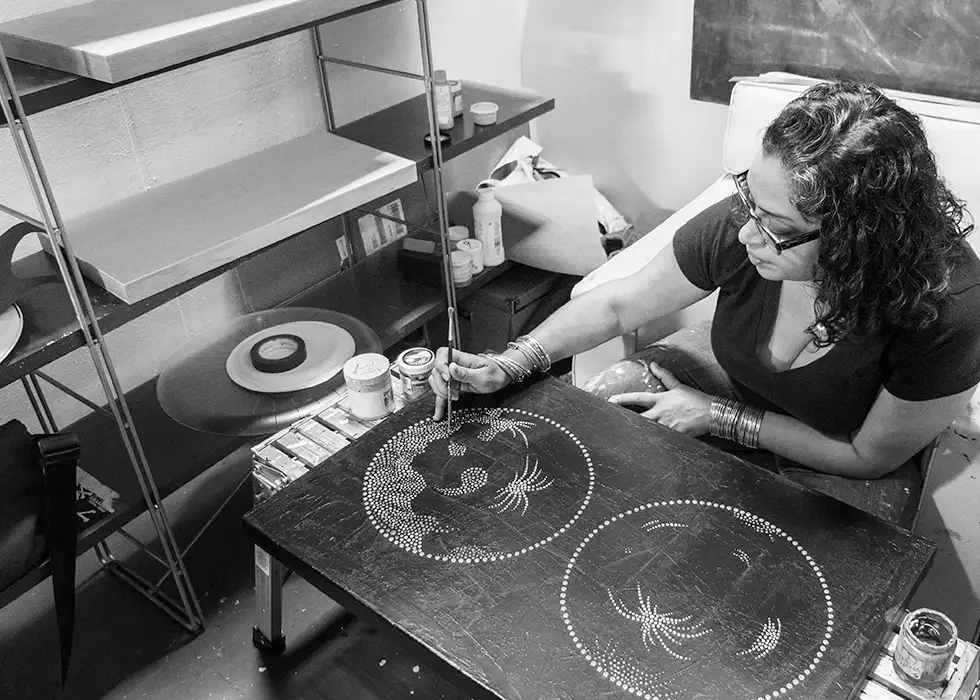Credit Scores and Personal Loans
While credit score requirements for personal loans are different for each lender, one thing is the same: they will have an impact on the rates, terms, and amounts you qualify for.
Most lenders prefer good or excellent credit (usually 690 FICO and above), but there are some who will accept bad credit (below 630).
According to NerdWallet, the minimum credit score to qualify for a personal loan is typically between 610 and 640.
While it’s true that a bad credit score could prevent you from getting a good loan, it’s also true that a high credit score doesn’t necessarily guarantee that you’ll qualify or get the rate you want. Use this calculator to see what your loan options might be.
How to qualify for a personal loan
Your credit score is a factor in qualifying for a personal loan but meeting the minimum credit requirements doesn’t always mean you’ll be approved for the loan.
Most lenders have a range of criteria when considering a personal loan application. Depending on the loan, some might even look at alternative data, such as where you went to college or what industry you work in, though this is uncommon.
The most common criteria lenders look at are your credit report, credit history, income, and debt.
Here’s a breakdown of each:
- Credit score: Most lenders look at the FICO credit scoring model, though some use VantageScore. Some lenders even use their own scoring systems based on data they have collected about potential borrowers.
- Credit history: Lenders like to see a borrower with a long credit history. A minimum of two to three years of credit history is common, but the longer the better. Making on-time payments to multiple accounts shows a lender that you’re diligent about your debts. Borrowers with multiple credit cards, a mortgage, or auto loan with on-time payments might be more likely to qualify.
- Debt-to-income ratio: Your debt-to-income ratio shows lenders that you have enough money to meet your monthly financial obligations and can afford to make the loan payment.
Personal loans for fair or bad credit
While lenders look at a variety of factors on your loan application, your credit score will likely be given a lot of weight.
If you have fair or bad credit, you might be able to get a personal loan, but with a higher interest rate, often as high as 36%. A low credit score could also be the reason a lender approves your loan for a low amount.
A personal loan, even one with a high interest rate, could be a good way to help rebuild your credit. Only take out the loan if the monthly payments are within your budget and you’re sure you can make them on-time. Check out this helpful article on other ways to help rebuild credit.
Some lenders may look beyond your credit score to make a decision. Credit unions, like us, often look at the member’s standing and history with us to see if we can help them out.
The bottom line
While lenders look at a variety of factors when considering a personal loan application, your credit score will likely carry a heavy weight on their decision.
Borrowers with good to excellent credit often get the better rates and terms and qualify for larger loan amounts.
If you have fair to bad credit, you could still qualify for a personal loan, though the rate may be higher and the amount may be low. A personal loan can be a good way to help rebuild credit, but only if it fits within your budget and you can make on-time monthly payments.
For more information on personal loans, check out this section of our Learning Center.




